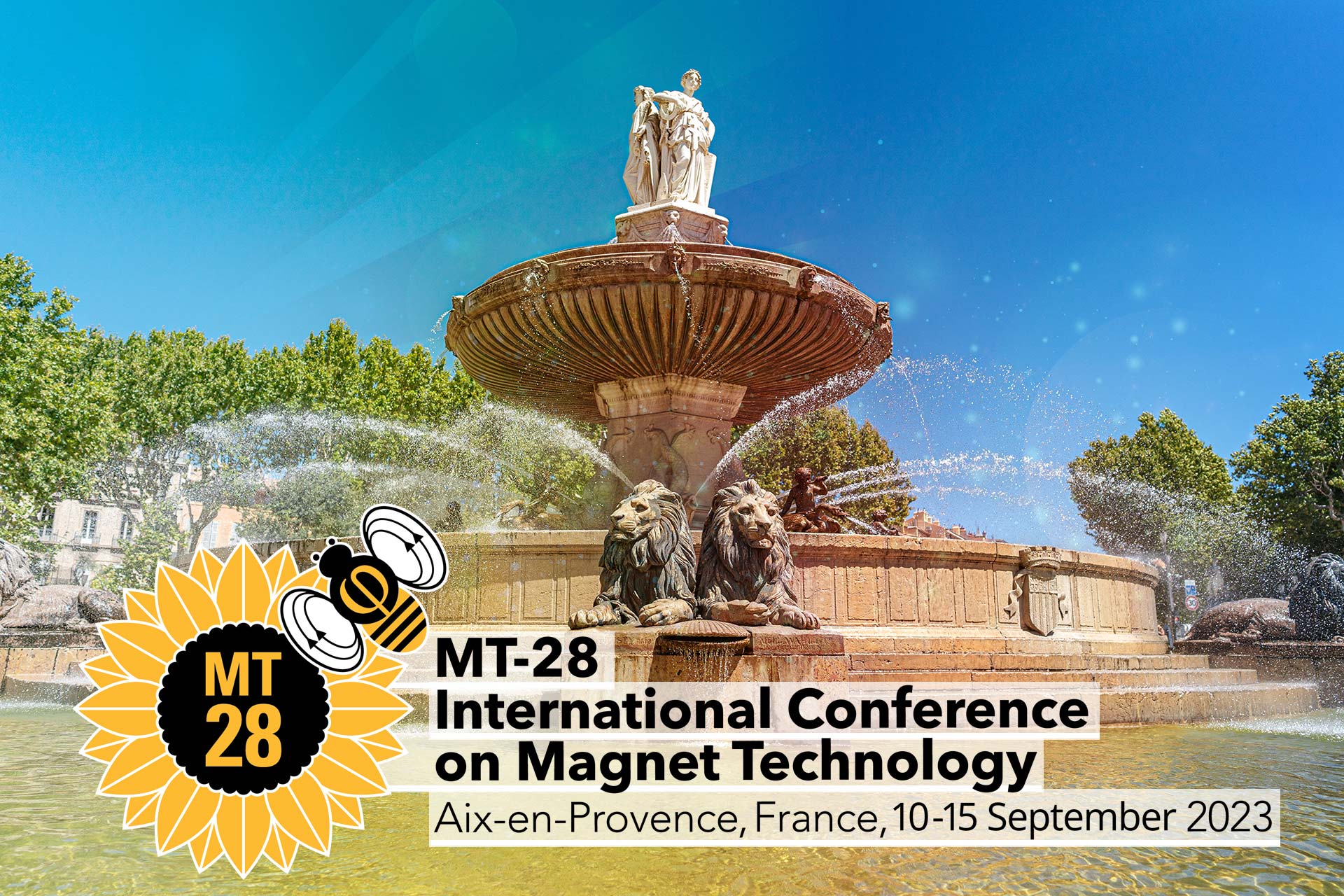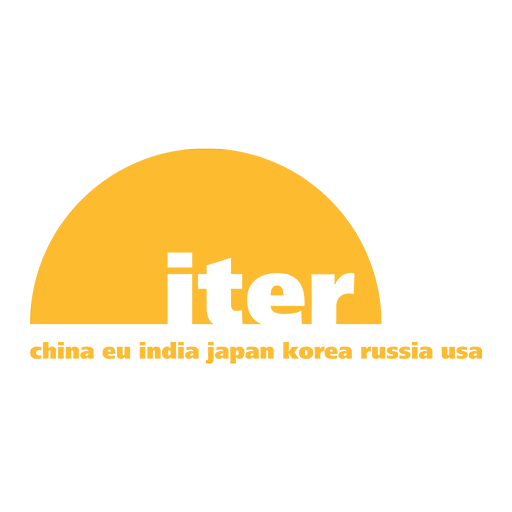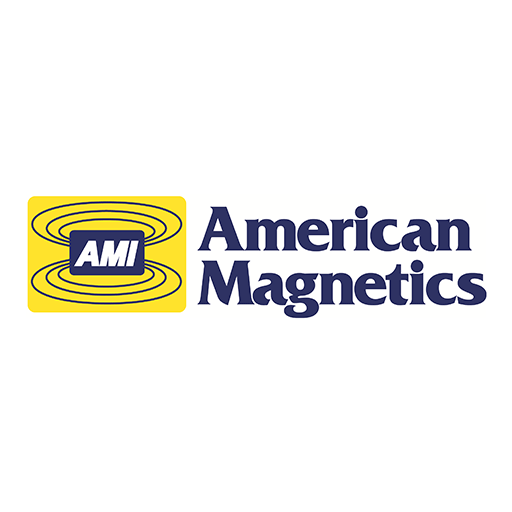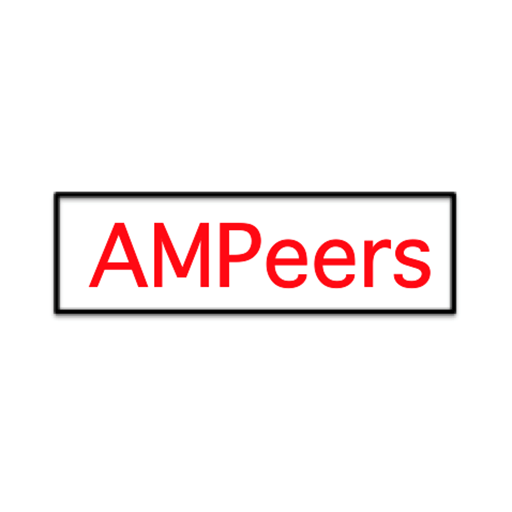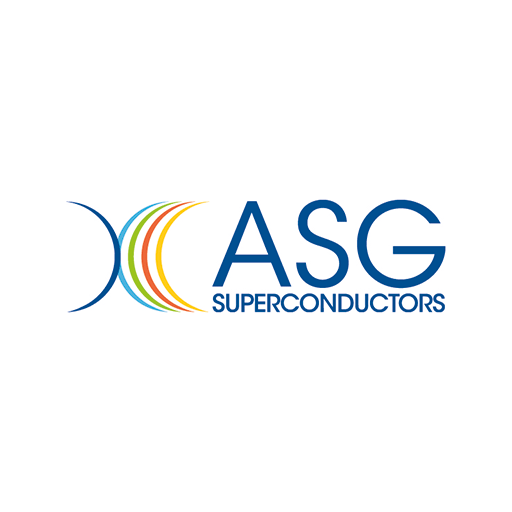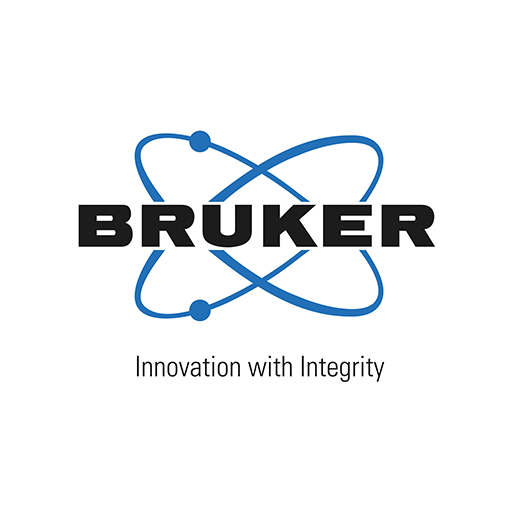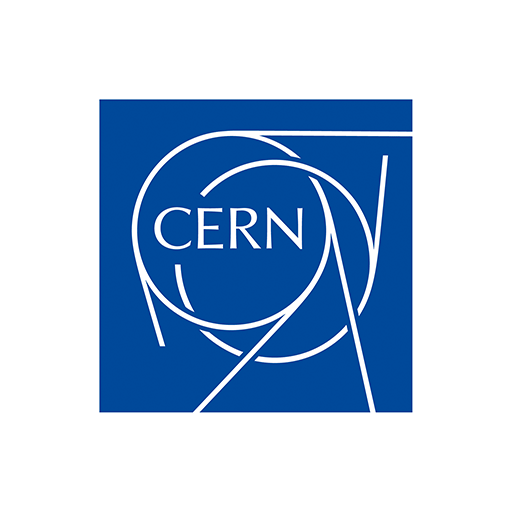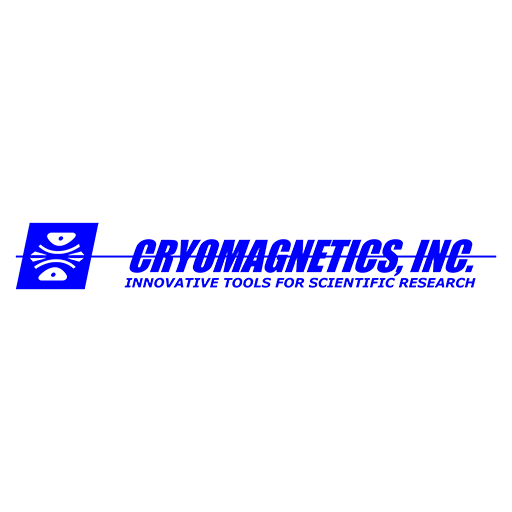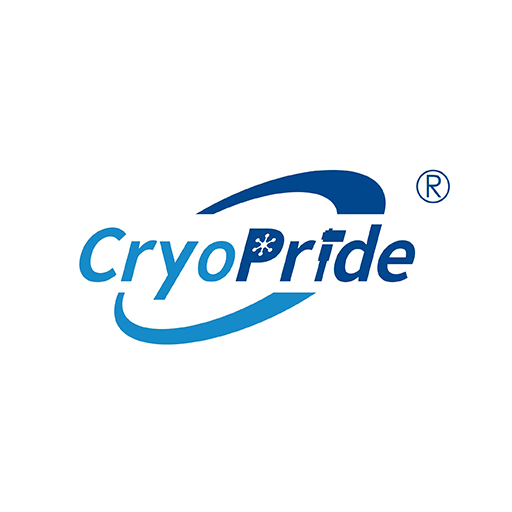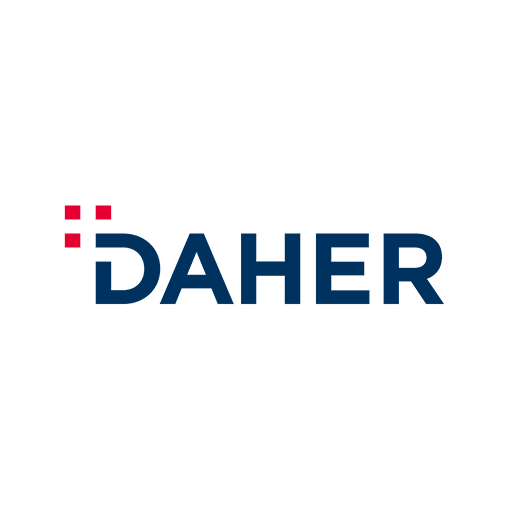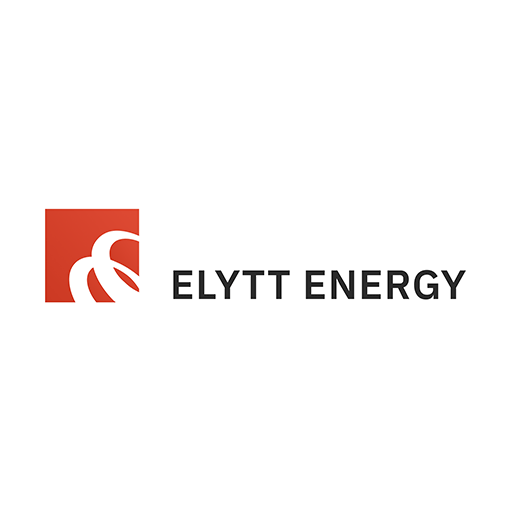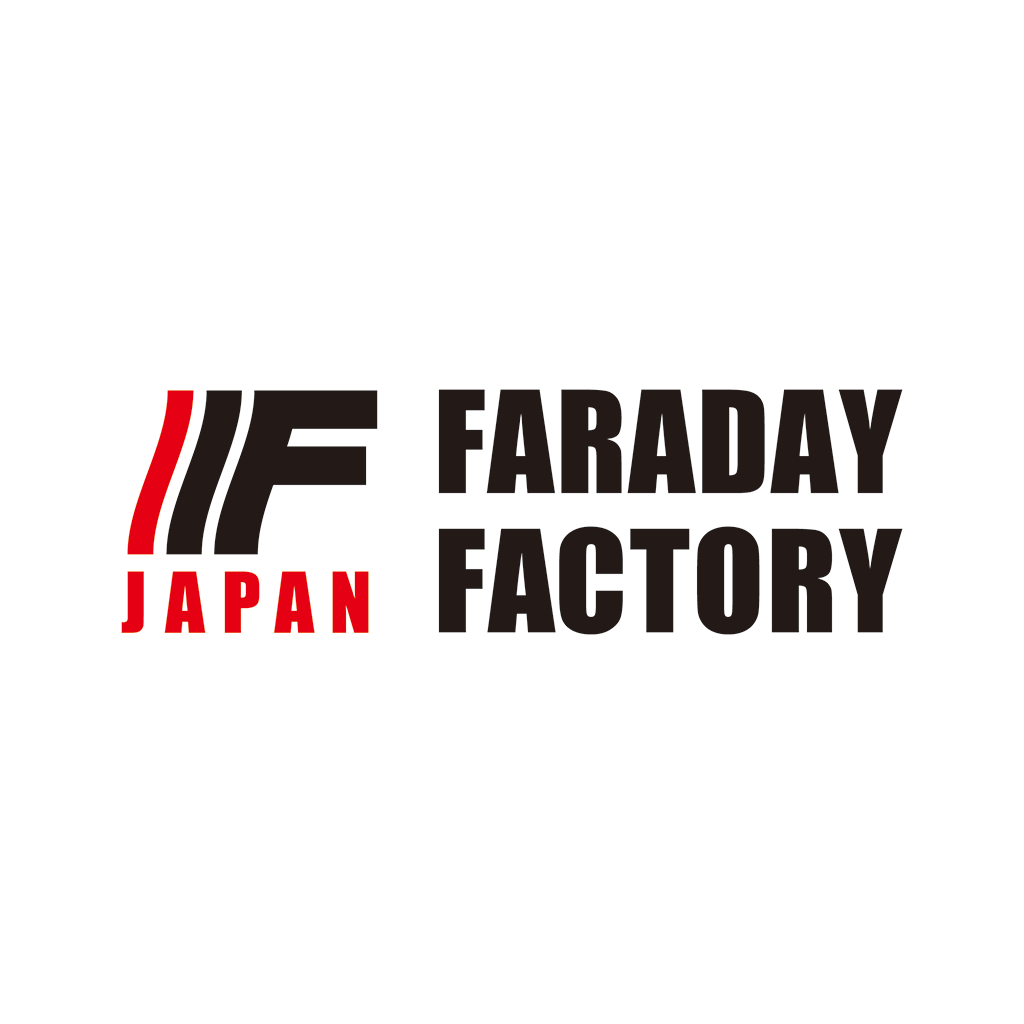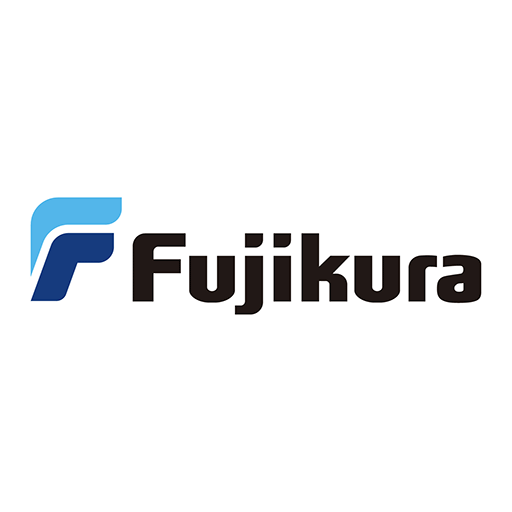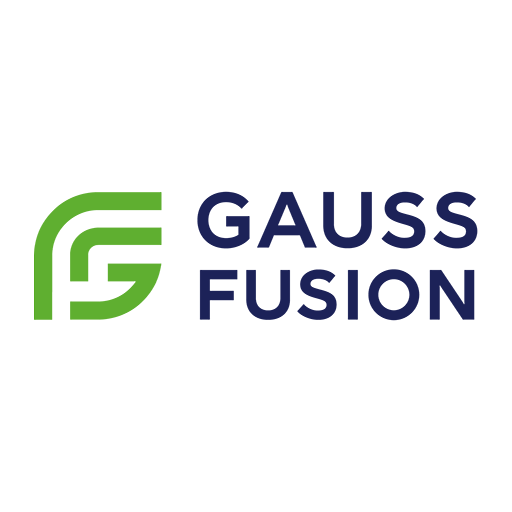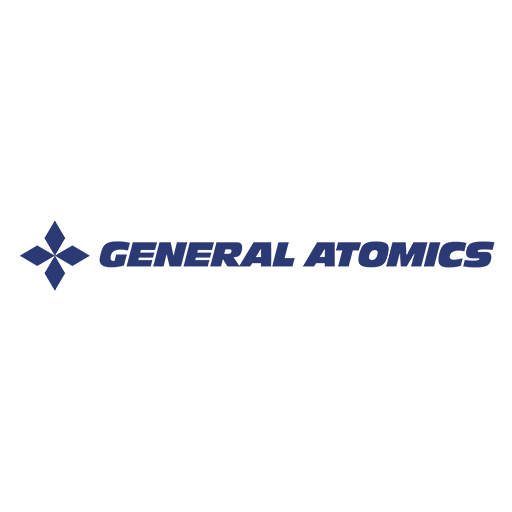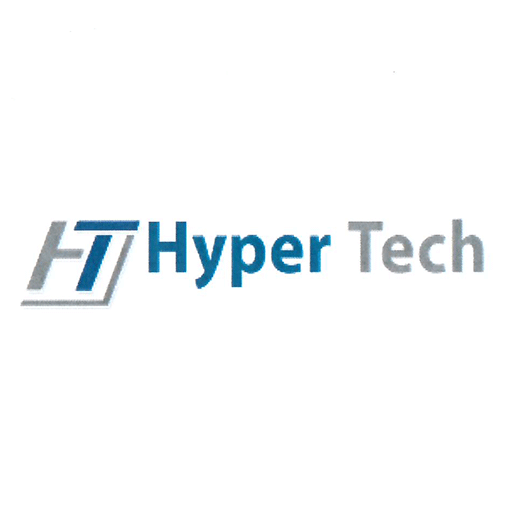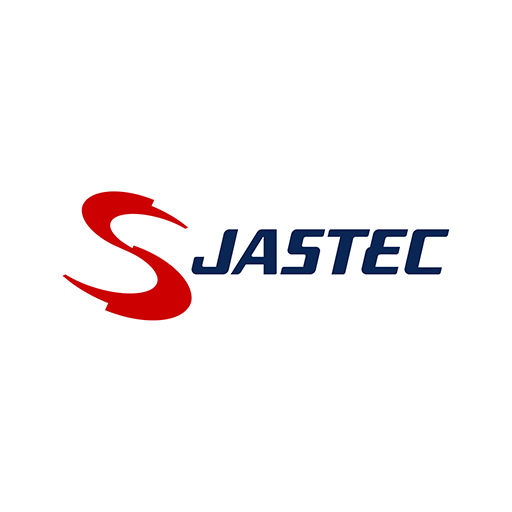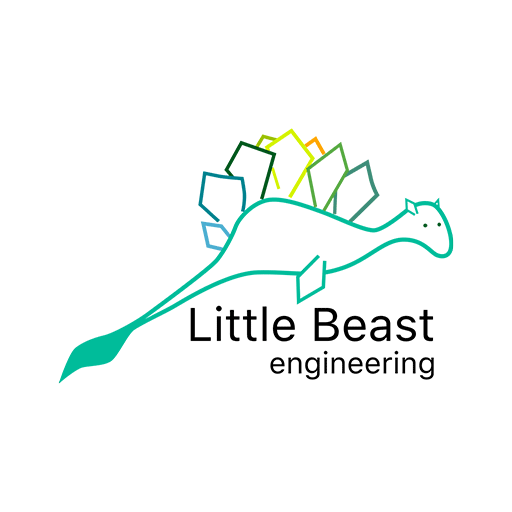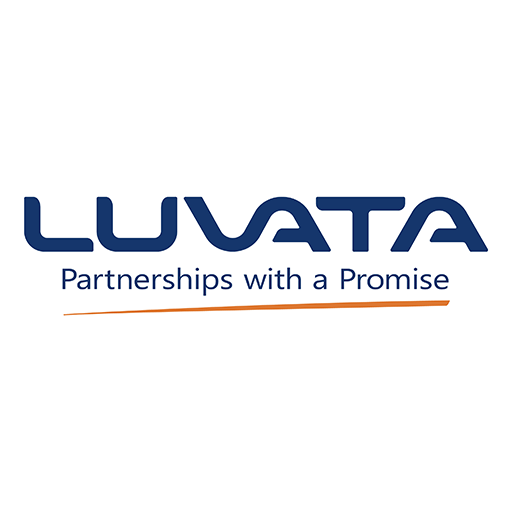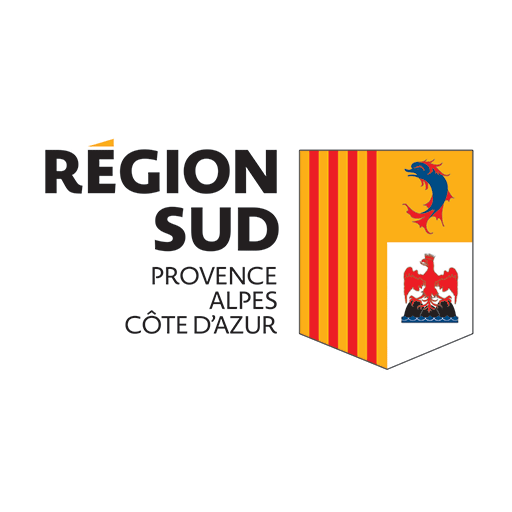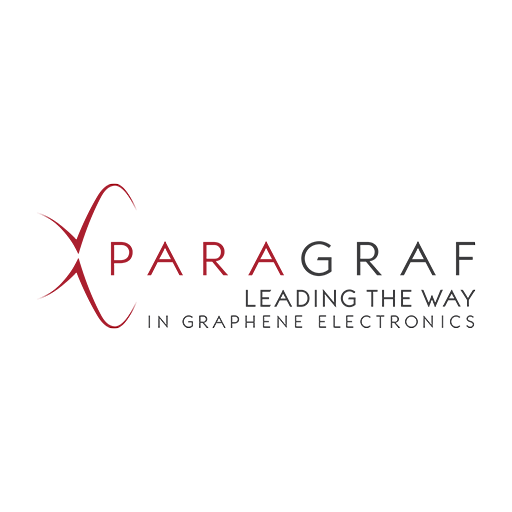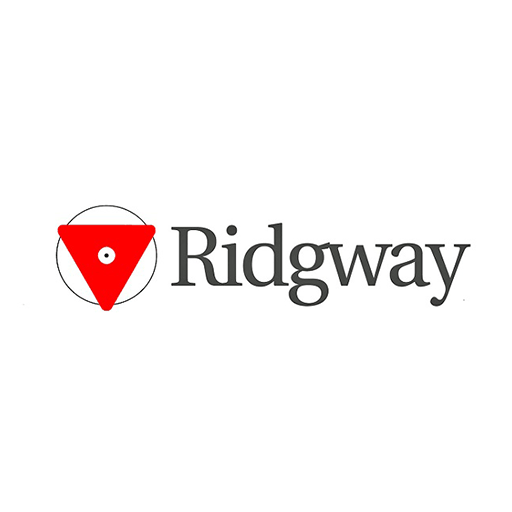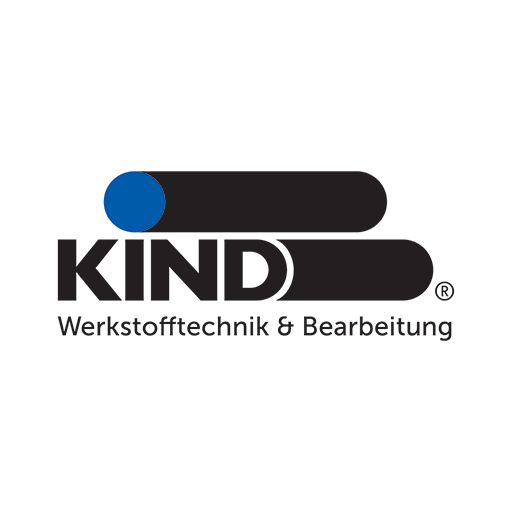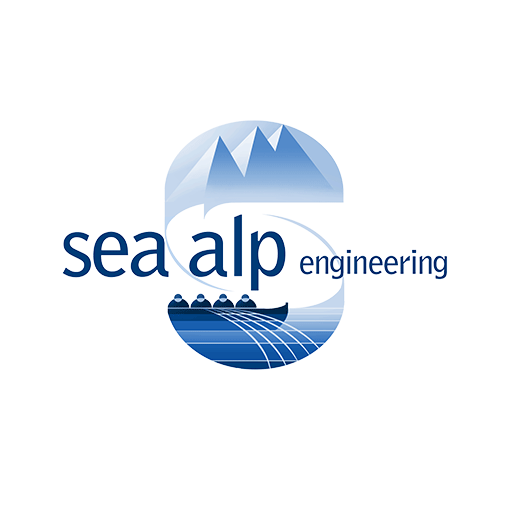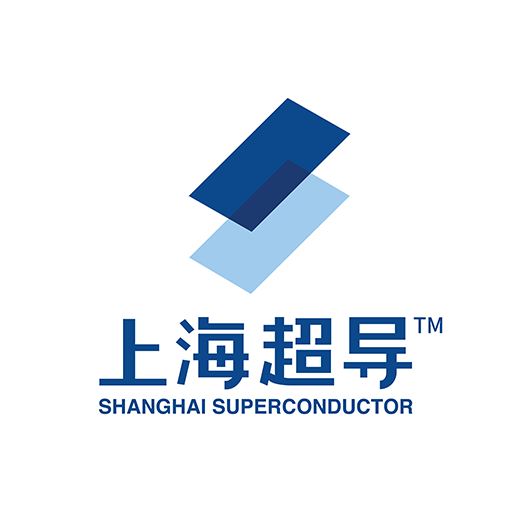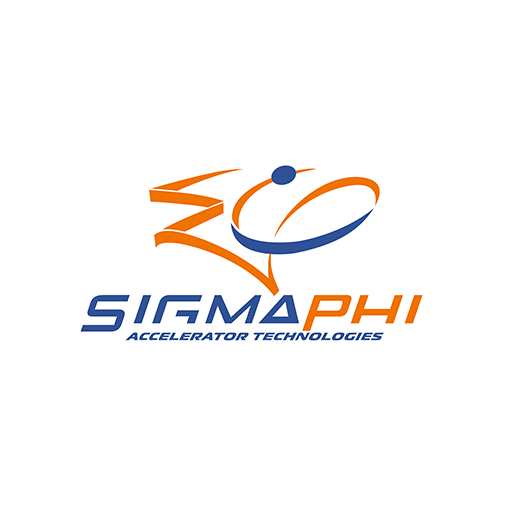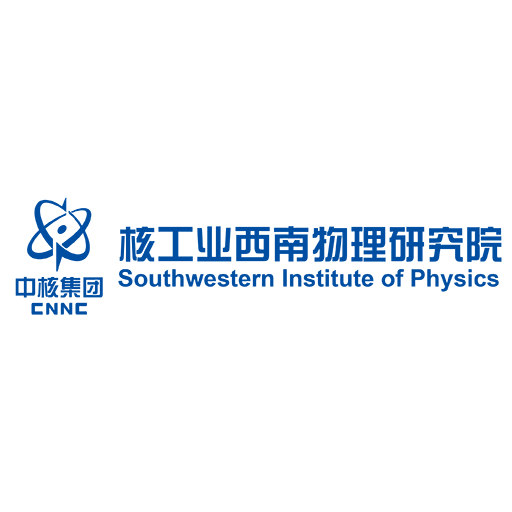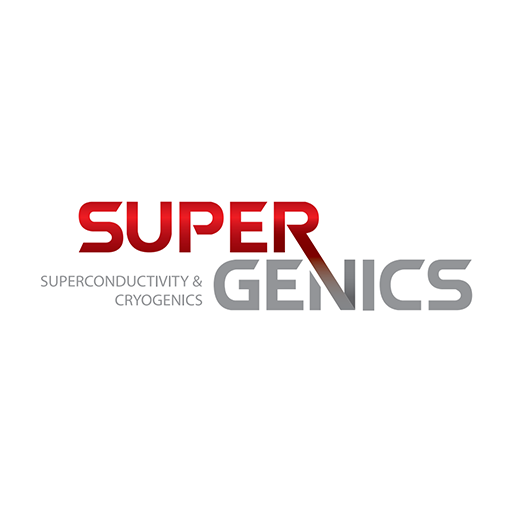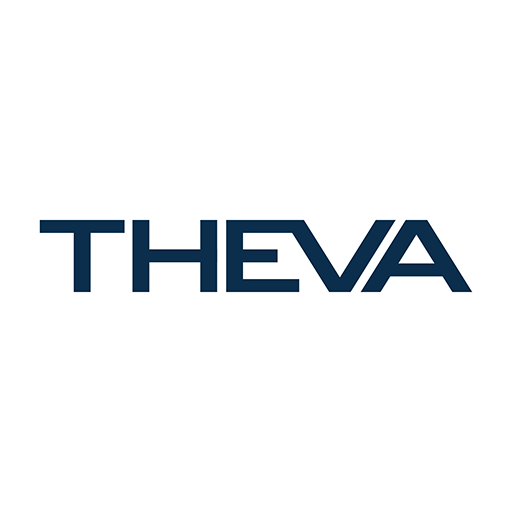Short Courses
Short courses consist of quality introductory talks by renowned professors and scientists from the Magnet community offering insight into specific topics relating to magnet design, manufacture or operation, permitting to grasp the challenges and issues of these systems while being able to interact easily with the expert delivering the course. Courses will be held on Tuesday, Wednesday and Thursday afternoons (in Studio 1 – from 1:30 PM to 2:30 PM).
How to participate: Add this option during your registration (100 Euros for 3 courses, the fee includes a lunchbox per each course day).
Programme
- Magnets for High Energy Physics (HEP)
On Tuesday, September 12, 2023- Key concepts for accelerator magnets : conductor, design principle, training…
- A bit of history : from the Tevatron to HL-LHC
- Requirements for future HEP magnets and technical challenges
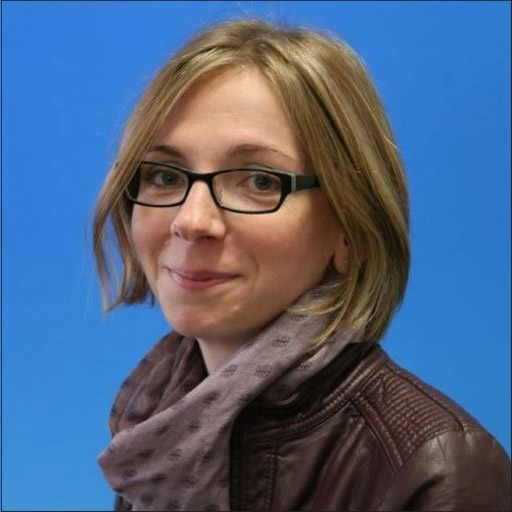
Dr Hélène FELICE
Magnet engineer at CEA Paris-Saclay
Helene Felice is a magnet engineer at CEA Paris-Saclay. She started her career at CEA Superconducting Magnet Lab doing her PhD on high field Nb3Sn dipoles for HEP. In 2007 she joined the Lawrence Berkeley National Laboratory as a LARP (LHC Accelerator Research Program) Toohig fellow before becoming a LBNL research scientist. From 2007 to 2015, she contributed to the LHC Accelerator Research Program on magnet design, magnet protection and magnet assembly. She also led the magnet design of the 28 GHz ion source magnet for FRIB. In 2015, she moved back to CEA Paris Saclay where she worked in collaboration with CERN on a NbTi large aperture quadrupole for HL-LHC and on the design of a Nb3Sn demonstrator towards FCC-hh. In 2021, she joined CERN as the Superconducting Magnet Technology section leader where she contributed to HL-LHC and to Nb3Sn magnets development. In Dec 2022, she returned to CEA Paris Saclay where she is now mainly working on the NEWGAIN project on the development of a 28 GHz Superconducting ECR ion source to be installed in GANIL, France.
Magnet engineer at CEA Paris-Saclay
- Magnets for Magnetic Resonance Imaging (MRI)
On Wednesday, September 13, 2023- Introduction
- MRI market: MRI is the largest commercial application of superconductivity
- MRI magnet options: 1.5 T, 3T, 7+T commercial, 11.7T Iseult, cylindrical, open, specialty, bore size
- Requirements to MRI magnets
- Magnet configurations: coil shape, uniformity, persistence, stray field
- Technical aspects: conductor selection, quench protection, cryogenics
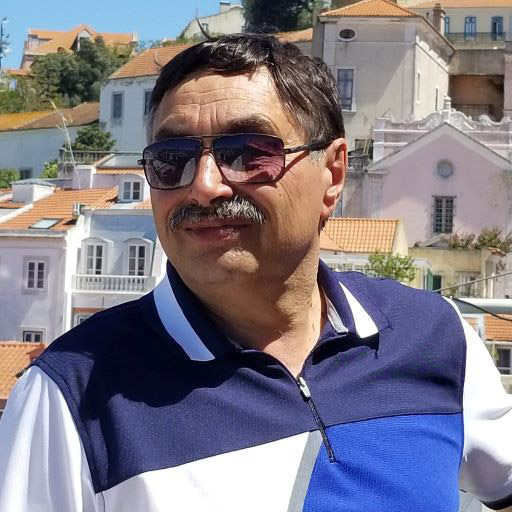
Dr Michael PARIZH
Principal Scientist at GE Research, Niskayuna
Dr Michael Parizh is a Principal Scientist at GE Research, Niskayuna, NY. Dr. Parizh designed superconducting magnet systems for variety of applications including medical and analytical applications (MRI, NMR, FT-ICR), power applications (wind generators, SMES, FCL, transformers), and other superconductivity applications. Dr. Parizh has over 20 years experience in commercial production of superconducting magnets for Magnetic Resonance Imaging (MRI) at General Electric and Philips.
Principal Scientist at GE Research, Niskayuna
- Magnets for Fusion
On Thursday, September 14, 2023- History of fusion:
- Energy need
- Fusion basics
- Fusion concept (ICF, MCF-> stellarator, tokamak)
- Tokamak (may be ITER Tokamak)
- Tokamaks and superconductivity
- The emergence of Superconducting machines
- ITER Tokamak
- ITER Magnet systems
- ITER strands and cable in conduits
- From ITER to DEMO: The EUROfusion approach
- History of fusion:
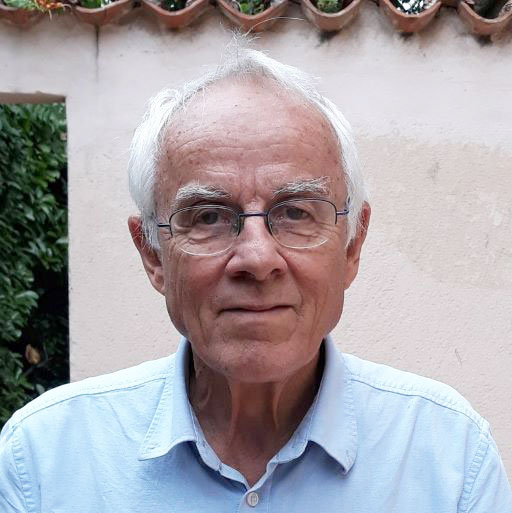
Dr Jean-Luc DUCHATEAU
Jean-Luc Duchateau has had a distinguished career in the field of superconducting magnets, spanning several decades. He began his scientific journey with a Ph.D. on magnetic instabilities in superconducting composites at CEA's SupElec. Following this, he contributed to the development of superconducting generators at Electricity of France from 1977 to 1984.
From 1984 to 2013, Jean-Luc played a crucial role at CEA's Institute for Magnetic Fusion Research (IRFM). During this time, he was responsible for the Tore Supra magnet system, overseeing its commissioning, supervision, and protection. He also made significant contributions to the preparation of the TF (Toroidal Field) magnet systems for projects like ITER and JT-60SA.
Recognized for his expertise, Jean-Luc Duchateau was appointed Director of Research at CEA in 2003, with a focus on the application of superconductors. Additionally, he received the responsibility to monitor research and thesis projects at the University of Provence in 2005.
Since 2013, Jean-Luc has continued his scientific endeavours as a Scientific Adviser at CEA/IRFM. Throughout his career, he has made notable scientific contributions in the areas of superconducting composites and cable behaviour, as well as the design and optimization of superconducting magnet systems for Tokamaks, including DEMO.
Jean-Luc Duchateau's extensive experience and expertise have undoubtedly played a crucial role in advancing the field of superconducting magnets and their application in fusion research.
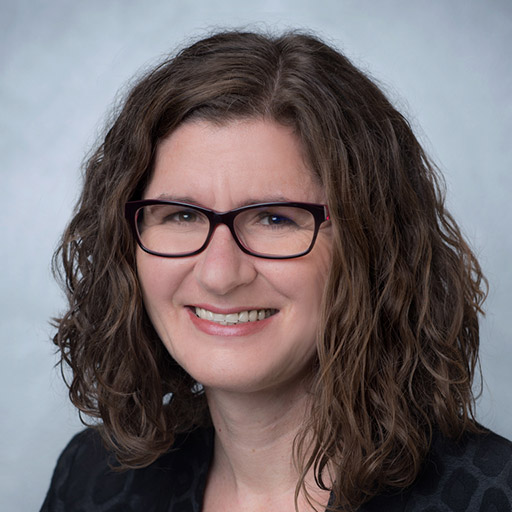
Dr Kinga GÁL
Scientific advisor to the Programme Manager of the EUROfusion Consortium
Kinga Gál is a senior plasma physicist in nuclear fusion and an experienced international project manager. She gained her scientific expertise in Hungary, Germany and Sweden, while she developed her project management skills in United Kingdom and Germany.
She is presently the scientific advisor to the Programme Manager of the EUROfusion Consortium. Her responsibilities range from support of the community in all aspects of publishing to representing the Programme Manager at high level meetings.
Kinga holds a PhD in laser-plasma interaction from Univeristy of Szeged, Hungary and a Master Degree in Theoretical physics from Babeș-Bolyai University from Cluj-Napoca, Romania. She is presently developing expertise in addressing gender issues in academia, especially regarding how to motivate fusioneers throughout their professional carriers.
Scientific advisor to the Programme Manager of the EUROfusion Consortium

